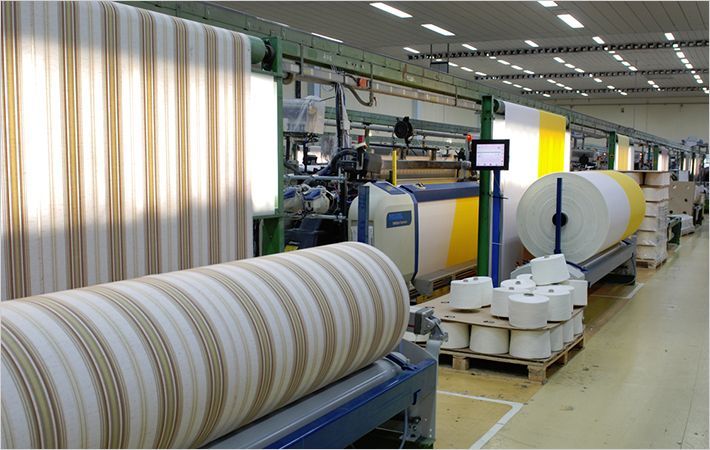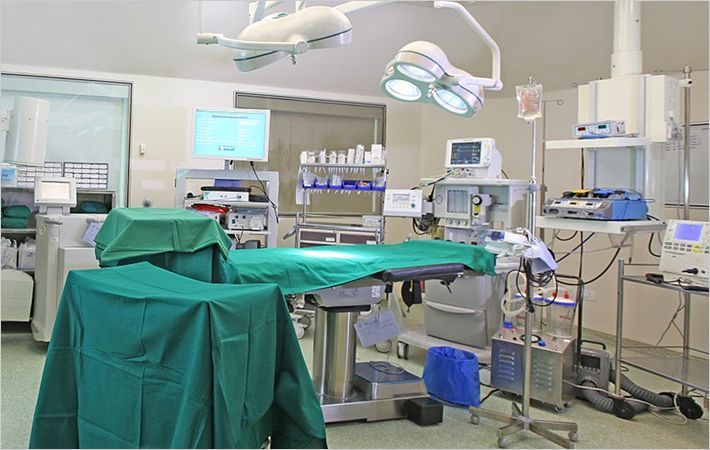Recent studies from around the globe have found high amounts of bacteria, including “superbugs”, hitching a ride on healthcare worker uniforms. While special antimicrobial fabrics are being developed to combat this problem, a team of scientists in Washington, DC are developing new test methods to evaluate the emerging technologies.
The American Society of Testing and Materials (ASTM) 32nd Symposium on Pesticide Formulation and Delivery: Innovating Legacy Products for New Uses, held in Tampa last week, invited a team from MedStar Health Research Institute to present its work entitled “The Fabric Challenge Assays: a novel standard for the evaluation of the performance of antimicrobial textiles.”Recent studies from around the globe have found high amounts of bacteria, including “superbugs”, hitching a ride on healthcare worker uniforms. While special antimicrobial fabrics are being #
“Antimicrobial textiles are gaining interest in healthcare settings,” comments Matthew Hardwick, Ph.D., Director, Laboratory of Clinical Investigations at MedStar Health who presented to the ASTM Committee. “New product categories, especially in healthcare, need to be vetted for safety and efficacy.”
While there are several standard methods available for testing antimicrobial textile efficacy, each is limited due to the artificial nature of the testing method. “Our team at MedStar Health wanted to develop a test that showed the efficacy of these fabrics in terms of reducing bacterial load in real-world scenarios,” explains Hardwick.
In the “real world” clinical environment, there are three primary means of transmission of bacteria: aqueous splatter such as urine or blood; aerosol such as a cough or sneeze; and direct contact with infected persons or environmental surfaces. The novel “Fabric Challenge Assay” is designed to mimic each mode of transmission in order to test the efficacy of antimicrobial textiles in a more “real world” simulation.
“Our results show that the test fabric, which was treated with Semeltec antimicrobial and provided by Vestex, reduced Methicillin resistant Staphlococcus aureus (MRSA) by different percentages for different contact simulations: 99% for aerosol, 99.9 for direct contact and 99.9 for splatter conditions,” reports Hardwick. “The different inoculation simulations also had different kill-time curves - the Semeltec antimicrobial fabric from Vestex worked immediately in all tests. The control fabric did not have appreciable reductions in bacteria with any test method.”
“As technologies advance, our test methods must advance. The closer we get in the lab to mimicking actual use conditions, the more useful the test,” commented Margaret Cotton, an author of the study.
About the MedStar Health Research Institute
The MedStar Health Research Institute (MHRI) is the research arm of MedStar Health, the largest healthcare provider in the Maryland and Washington, DC regions. MHRI's associates and investigators provide scientific, administrative and regulatory support for research programs throughout the MedStar Health system. These programs complement the key clinical services and teaching programs in the nine MedStar hospitals and 20 other MedStar Health entities.
About Vestagen Technical Textiles, LLC
Vestagen Technical Textiles is an Orlando-based marketer and manufacturer of advanced performance textiles. Vestagen is led by a skilled management team with nearly a century of combined experience in the health care, textile and apparel industries. Backed by V-Ten Capital Partners, Vestagen is committed to creating innovative textile solutions.
Vestagen Technical Textiles

